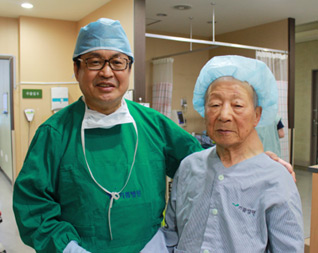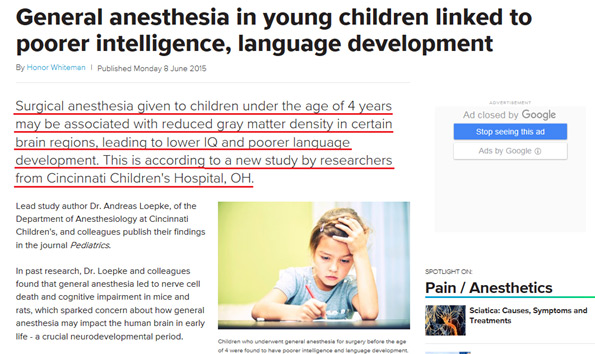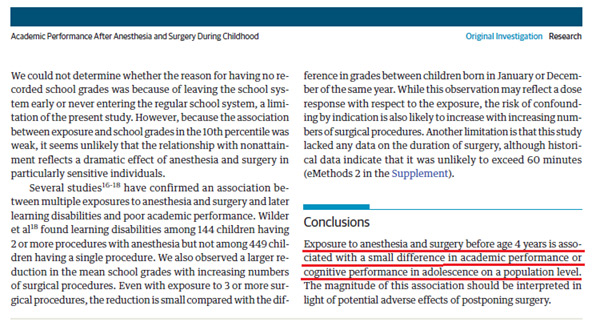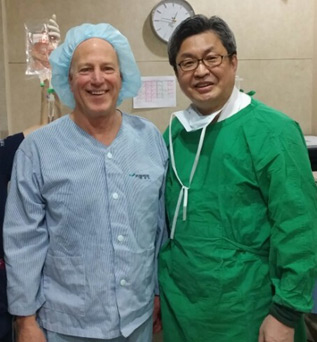Need help?
International Booking & Counseling Center
Please contact us via email and we will respond as soon as possible.
HOME Local Anesthesia
Safe anesthesia
for everyone
The vital signs such as blood pressure and pulse rate are significantly affected during general anesthesia or spinal anesthesia. Because general anesthesia is performed with the respiratory and whole-body muscles completely paralyzed, it is necessary to monitor changes in the vital signs with very sensitive and complex equipment. This means it's very dangerous. Therefore, the patients vital signs and condition should be closely monitored, because they could fluctuate a lot during the spinal anesthesia. However, local anesthesia is so safe that the patient is even able to have a comfortable conversation with the surgeon during the operation.
especially for the elderly
Hernias occur more often in old age. However, there are many elderly patients with inguinal hernias who are hesitant or refuse to be operated on for fear of the risks of general anesthesia or spinal anesthesia. But local anesthesia is safe no matter how old you are. So, even a 100 and a 103-year old senior citizen have gotten surgery safely at our hospital.
-
 103-year old senior
103-year old senior -
 100-year old senior
100-year old senior
very safe for small babies
Recently, some research showed that for a child under the age of 3-4, general anesthesia could affect the brain's development, which could cause some cognitive impairment later in life.
One of the main surgeries included in the research was a general pediatric hernia repair under general anesthesia.
Because of this risk, many experts recommend delaying surgery under general anesthesia if possible or getting it under local anesthesia at the age of 3-4 or under.
http://www.medicalnewstoday.com/articles/294966.php

http://www.redaccionmedica.com/contenido/images/ESTUDIO_pediatria.pdf

also safe for patients with chronic illnesses
Patients with all kind of chronic illnesses could be operated on safely under local anesthesia, as it has little systemic effect. These include respiratory diseases such as chronic obstructive pulmonary disease, various heart diseases including arrhythmias, high blood pressure, chronic liver diseases with ascites, kidney diseases requiring hemodialysis, and so on.
Lowering the recurrences
Sometimes it is very difficult to find the hernia sac in recurrent cases because of severe adhesion from the previous operation, especially After a mesh repair. If the hernia sac is not properly ligated and removed, there inevitably would be a recurrence again. However, during the operation under local anesthesia, the patient could help the surgeon to find the sac more precisely by coughing on request. During coughing, the hernia sac pops out. So, under complicated conditions, local anesthesia would reduce the risk of a hernia recurrence.
Painlessness and Early ambulation
After an operation under local anesthesia or spinal anesthesia, the patient feels no pain for up to three or four hours. But after using general anesthesia, the patient feels intense pain as soon as he/she wakes up. Physical activity quick after surgery prevents dangerous and sometimes fatal complications such as pneumonia and deep vein thrombosis especially in the elderly. So it’s very important to encourage the patient to walk as early as possible after any operation. The local anesthesia enables the patient to walk immediately after the operation. So, after undergoing a local hernia repair, the patient can then walk to his/her room on their own without any problems. After awakening from general anesthesia, it is possible but not easy for the patient to move soon after. With spinal anesthesia, the patient should lie on the bed without a pillow for more than 12 hours to prevent the possibility of severe headaches after the anesthesia. So, in terms of preventing fatal complications, local anesthesia is the safest.

No fasting
It's well known that you have to fast before surgery. However, it is not because of the surgery itself, but because of the anesthesia that you must fast. Fasting is necessary to prevent the deadly aspiration pneumonia that can result from vomiting during general anesthesia or spinal anesthesia (which is, in some cases, converted to general anesthesia). However, during local anesthesia, this complication never occurs because the patient remains fully conscious and the normal reflex action to prevent aspiration, in this case vomiting, is fully operational. So, fasting is not required for the hernia repair under local anesthesia.
No stopping medication
You don't have to stop taking medicines such as aspirin and anticoaugulants until just a few days before the operation. If you take anticoagulants or aspirin because of cerebral infarctions, cardiac stents or for any other reason, you should stop taking them several days before the operation. Because these drugs prevent blood coagulating normally, it is sometimes dangerous to perform the procedure without first stopping them for a sufficient period. But, for minor procedures such as open hernia repairs, it is not so dangerous, even if bleeding doesn’t stop easily, because the situation can be dealt with quite satisfactorily by using a more cautious cauterization. But, if you get a general or spinal anesthesia, bleeding tendency can sometimes cause severe problems, because the vessels in the deep part of the body could be injured by the endotracheal tube or long spinal needles and bleed a lot during the anesthesia induction. And during the laparoscopic mesh hernia repair, which is much more invasive than an open repair, controlling the bleeding is not so easy as in the open repair, so these kinds of medication should be stopped for long enough periods prior to.
The least invasiveness
You don't have to stop taking medicines such as aspirin and anticoaugulants until just a few days before the operation. A repair which can be done under local anesthesia means It’s much more simple and straightforward. Surgery that requires general anesthesia is an extensive and complicated procedure. Especially with laparoscopic hernia repairs which require a larger mesh to be inserted inside. Conversely, the surgical field here must be very small to enable local anesthesia. Local anesthesia has a very small and limited range of safety margin The maximum permissible dosage of lidocaine, a typical local anesthetic, is 300mg for adults. It is 30cc of a 1% solution. This dose of anesthesia is so small that it is unsuitable for performing any other type of hernia repair. And if you can operate within this small range, it's a very small, very concise procedure. The simpler the procedure is, the better the guarantee of safety. Simple and safe hernia surgery is the best kind of hernia operation. The truth is not complicated, and as they say, the best surgery is the simplest one.
Sedatives local anesthetic
Wait! Are you worried about the pain when you get an injection? Don't worry. During the injection, you can sleep for a few minutes with iv sedatives. So you don’t even feel the injection pain at all.

